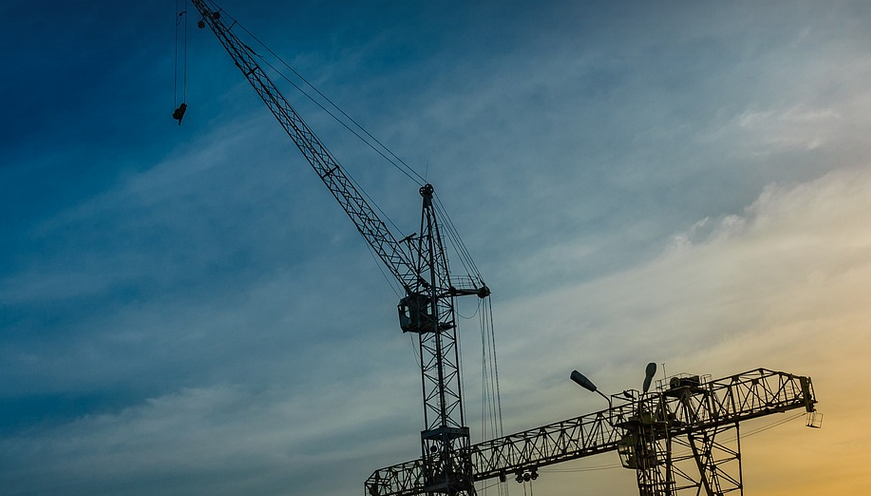Turning Trash into Treasure in the City of Ancient Wonders
Babylon, known for its impressive architecture and innovations in ancient times, is now taking a significant leap towards sustainability. The city has embraced “Omni Recycling,” transforming the way they manage their waste. This revolutionary process isn’t just about sorting recyclables; it’s a holistic approach that aims to create a circular economy by minimizing waste and maximizing resource utilization.
Imagine a world where discarded plastics are transformed into building materials, old tires become playground equipment, and even used clothing becomes new fabric. This kind of transformation is exactly what Babylon is achieving with its Omni Recycling program.
The heart of Babylon’s program lies in the concept of “Waste-to-Wealth.” Instead of viewing waste as a burden, they see it as a valuable resource that can be repurposed and reintegrated into their economy. This mindset fosters innovation and encourages entrepreneurship, paving the way for new businesses and jobs.
The Omni Recycling process starts at the source. Every household in Babylon receives specially designed bins that segregate different types of waste, making it easier to sort materials before they reach the recycling center. These bins are sleek and modern, blending seamlessly with the city’s architecture while also serving a functional purpose.
Once sorted, the waste goes through a series of processing plants where magic happens! The waste is shredded, compacted, and then transformed into raw materials for construction, manufacturing, and even fuel. These materials are then used to create new products, effectively closing the loop on the original waste cycle.
One impressive example of this “Waste-to-Wealth” transformation is the rebuilding of Babylon’s iconic city walls. Instead of relying on traditional construction methods, architects and engineers have utilized recycled materials from demolished buildings, creating a stunning and eco-friendly wall that stands as a testament to the city’s commitment to sustainability.
The Omni Recycling program has also spurred advancements in technology. Robotics play a crucial role in efficiently sorting recyclable materials and automating parts of the process. These advanced machines are designed to minimize human intervention, ensuring accuracy and speed. This level of automation ensures that waste is processed correctly and efficiently, leading to minimal losses and greater resource utilization.
The success of Babylon’s Omni Recycling program has attracted international attention. Scientists, engineers, and policymakers from across the globe have come to witness its impact firsthand, eager to learn from their innovative practices and implement similar initiatives in their own cities.
The impact of this revolution extends beyond the physical realm. Babylon’s waste management system serves as a beacon of hope for other communities struggling with environmental concerns and resource constraints. It showcases that a sustainable future is not only possible but also achievable through innovative and creative approaches to waste management.
With its dedication to “Waste-to-Wealth,” Babylon has set an example for the world, showing how a city can transform itself from a place of progress into a model of sustainability. Their journey serves as a powerful reminder that even in the face of challenges, innovation and ingenuity can lead us towards a cleaner and more prosperous future.
As we venture further into this century, the principles of Omni Recycling will undoubtedly inspire countless cities around the world to embrace sustainable practices and prioritize responsible waste management for generations to come. Babylon’s story is not just about recycling; it’s about empowering communities, fostering a sense of ownership, and building a more resilient future.
The journey towards a truly circular economy requires collaborative efforts, informed choices, and unwavering commitment. It is through these values that we can achieve lasting change for the environment and build a future where waste is not simply discarded but transformed into valuable resources.
